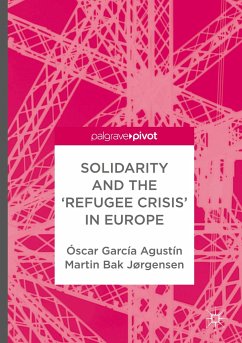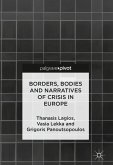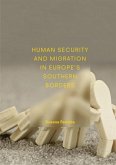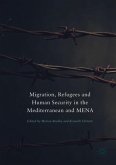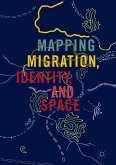New forms of solidarity are being shaped as a response to the European "refugee crisis." The state-in the form of national governments-has not been able to implement any viable or sustainable solution to the crisis, but the solidarity movement has been very visible and active in European countries. This book offers a conceptualization of three types of solidarity: autonomous, civic, and institutional solidarity. This framework is applied to three case studies, illustrating the emergence of different forms of solidarity: the City Plaza Hotel in Athens, the Danish "friendly neighbors," and Barcelona as refuge city.
"Solidarity and the 'Refugee Crisis' in Europe is an important study in terms of showing the activation of civil society with solidarity in cases where the state neglects problems. ... can serve as a source for understanding the various rolesplayed by civil societies and religion in a migration crisis." (Insight Turkey, Vol. 23 (1), 2021)

